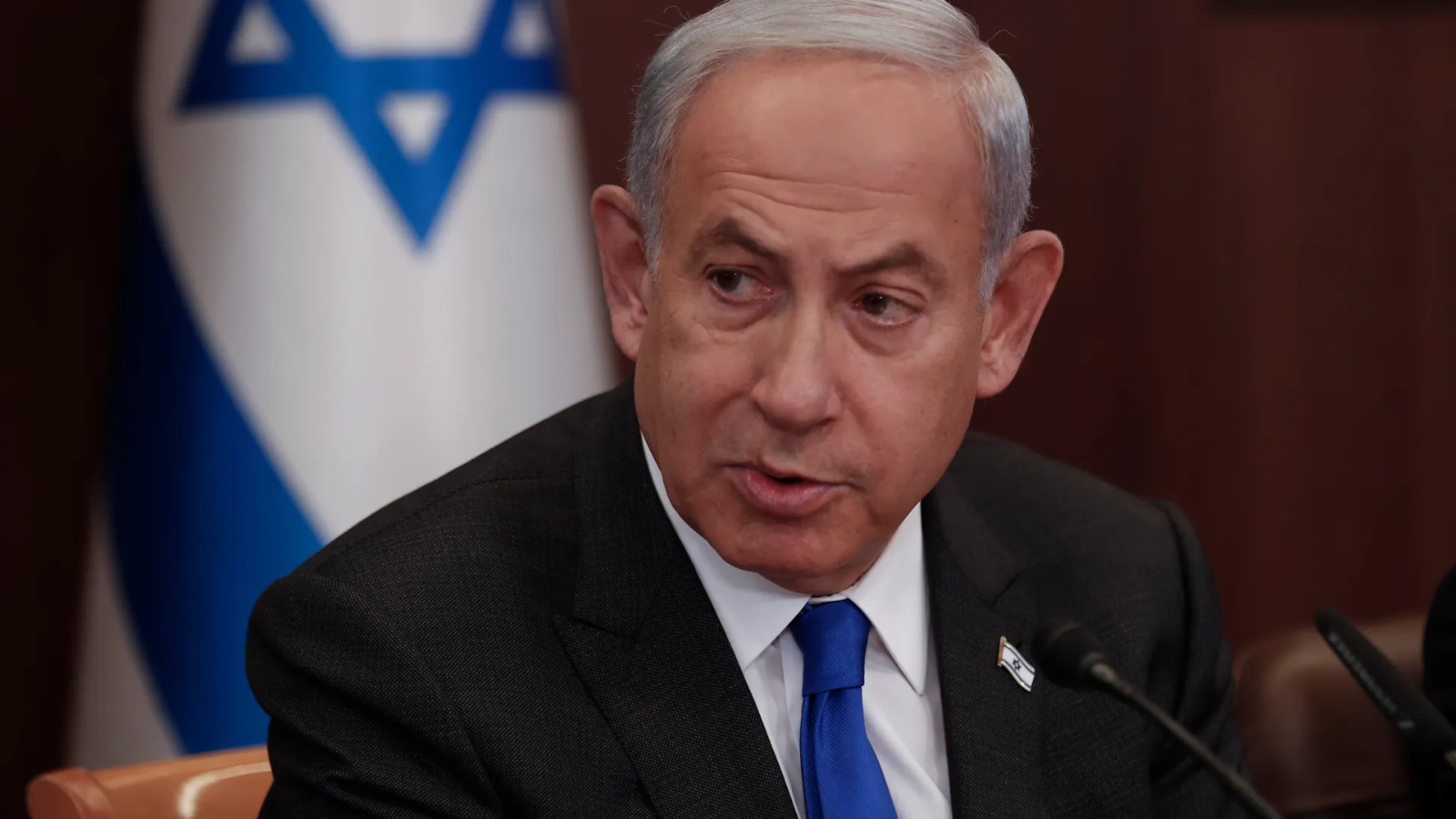In the midst of escalating tensions and a protracted conflict, Israel’s Prime Minister Benjamin Netanyahu finds himself standing alone, isolated by a wave of discontent sweeping through the nation. From families of Hamas captives to disenchanted politicians within his own government, Netanyahu’s popularity is plummeting to unprecedented depths. As families of Israeli captives held in Gaza march to his residence, a palpable sense of dissatisfaction with the wartime leader pervades the air. Amid calls for his resignation, Netanyahu’s political future hangs in the balance.
Popularity Plummets to 4 Percent Amidst Wartime Struggles
Netanyahu, Israel’s longest-serving premier, faces an unprecedented crisis as a November 14 poll reveals his popularity among Israeli Jews at a mere 4 percent. Traditionally staunch allies and vocal opponents alike are uniting in a chorus, urging him to step down once the current war concludes. Khaled Elgindy, an expert on Palestinian-Israeli Affairs, notes that Netanyahu’s vulnerability stems from presiding over what is deemed the greatest intelligence security failure in Israel’s history.
Hostage Failures and Criticism on Multiple Fronts
The October 7 events, where Hamas fighters breached border fences, attacked southern Israel, and caused 1,200 casualties, have become a focal point of discontent. A staggering 94 percent of Israelis blame Netanyahu’s government for the security lapse. Criticism mounts as the Prime Minister appears indifferent to the plight of over 200 captives held in Gaza. Reports suggest potential ceasefire offers, but Netanyahu’s refusal adds fuel to the fire, further eroding public support.
Inner Party Turmoil and Erosion of Support
Even within his own party, discontent simmers. The Likud-affiliated mayor of Netivot, Yehiel Zohar, predicts a significant shift within Likud post-conflict. Frustration boils over, leading some, like Tamir Idan, to publicly sever ties with Likud. Israel Hayom, a right-wing supporter of Netanyahu, bluntly calls for him to “take responsibility.” The far right, once a solid support base, shows signs of strain as cracks emerge over decisions related to Gaza and the West Bank.
International Diplomacy and Opposition’s Rise:
While Netanyahu clings to the support of US President Joe Biden, cracks appear in his domestic base. Despite maintaining international backing, the war’s economic toll and increasing public discontent position Netanyahu on shaky ground. Former Defense Minister Benny Gantz, a rising figure in Israeli politics, gains traction as a potential alternative. The November 14 poll indicates a 22-point lead for Gantz over Netanyahu in public opinion on suitability for the position of premier.
As the war effort drains the Israeli economy and public sentiment turns against Netanyahu, the once-unassailable political figure finds himself on the brink. Allies become critics, and enemies seize the moment. The question lingers: Can Netanyahu engineer a political comeback, as he has in the past, or is this the end of an era for Israel’s longest-serving prime minister? The path ahead remains uncertain, but the weight of discontent may prove insurmountable, even for a seasoned political survivor like Benjamin Netanyahu.















